Drug addiction remains one of the most challenging battles we can face, both for individuals who are experiencing it and their loved ones who witness the struggle. It’s a battle that can feel isolating and insurmountable, but please know that you’re not alone. Those experiencing the signs and symptoms of drug addiction can find hope in the vast recovery network available to them. Here at Liberty House Recovery Center, we understand the complexities of addiction and the profound impact it has on every aspect of life. Whether you’re concerned about yourself or a loved one, we are here to offer guidance, support, and hope.
Understanding the signs and symptoms of drug addiction is the first step towards healing. Recognizing these signs early can lead to timely intervention and a smoother recovery process. Awareness empowers us to seek help and take control of our futures. Today, we aim to provide you with the knowledge and reassurance needed to identify drug addiction, comprehend its challenges, and understand that recovery is always within reach.
What Is Drug Addiction?
Drug addiction, also known as substance use disorder, is a condition that affects the brain and behavior, leading to an inability to control the use of legal or illegal drugs. It’s a medical condition, not a choice or a moral failing, and can affect anyone. The compulsive nature of addiction changes how the brain functions, making it increasingly difficult to stop without professional intervention. Recognizing drug addiction involves understanding the various signs and symptoms that manifest in three primary ways: physical, behavioral, and emotional.
Physical Signs
The physical signs of drug addiction are often the first to become noticeable and can signal that a problem is at hand. These symptoms might be subtle initially but tend to become more pronounced as the addiction progresses. Being aware of these changes is crucial:
- Changes in Appearance: Significant weight loss or gain, neglected hygiene, and a general decline in personal grooming can be evident.
- Health Issues: Persistent fatigue, frequent illnesses, and unexplained physical health problems, including nausea, headaches, and tremors.
- Visible Symptoms: Bloodshot eyes, dilated or constricted pupils, and changes in sleep patterns, including insomnia or excessive sleeping.
- Motor Coordination: Slowed or impaired motor skills, slurred speech, or unusual smells on breath, body, or clothing.
Physical symptoms often serve as important clues, indicating a deeper issue that requires careful attention and compassion.
Behavioral Changes
Drug addiction influences behavior in profound ways. These changes can disrupt daily life and affect relationships, work performance, and social interactions. Here are some common behavioral indicators:
- Neglected Responsibilities: Withdrawal from work, school, or family obligations, and a decline in performance in these areas.
- Secrecy and Dishonesty: Secretive behavior regarding whereabouts, activities, and finances, along with lying and manipulating.
- Loss of Interest: Abandonment of hobbies, activities, and relationships that were once important.
- Risk-taking Behaviors: Engagement in dangerous activities, such as driving under the influence, involvement in legal issues, or other high-risk behaviors.
- Financial Problems: Unexplained need for money, accumulation of debt, or frequent borrowing without clear reasons.
Behavioral changes reflect how addiction alters priorities and decision-making, making professional help even more essential.
Emotional and Psychological Indicators
The emotional toll of drug addiction cannot be understated. It impacts mental health, mood, and the ability to cope with stress. Recognizing these psychological signs is crucial:
- Mood Swings: Unpredictable and extreme mood changes, often including irritability, anger, and periods of euphoria.
- Anxiety and Paranoia: Heightened worry, restlessness, and a sense of mistrust or fearfulness.
- Depression: Feelings of hopelessness, apathy, sadness, and withdrawal from social interactions.
- Low Self-Esteem: Expressions of guilt, shame, and worthlessness, feeling trapped or unable to stop drug use.
- Difficulty Coping: Struggles with managing emotions and stress in healthy ways.
These emotional symptoms often reveal the intense internal battle someone is facing. Addressing them with empathy and professional support can pave the way for healing.
Our Commitment to Holistic Healing
At Liberty House Recovery Center, we believe in addressing addiction holistically. Drug addiction impacts the mind, body, and spirit, and our approach emphasizes comprehensive care. We provide a peaceful and nurturing environment where individuals can find the motivation and strength to overcome addiction.
Our outpatient programs are designed to fit into your life, allowing you to attend therapy and support groups while maintaining personal and professional responsibilities. We offer:
- Flexible Scheduling: Evening and weekend appointments to accommodate busy lives.
- Individualized Care Plans: Personalized treatment tailored to your unique needs and goals.
- Experienced Staff: Compassionate and knowledgeable professionals who provide guidance and support every step of the way.
- Holistic Practices: Incorporation of wellness practices, such as mindfulness, nutrition support, and stress management tools.
Take the First Step Toward Recovery
Recognizing the signs of drug addiction is a powerful and courageous step. If you experience these symptoms, know that help is available. At Liberty House Outpatient Center in Oakland County, Michigan, we are dedicated to helping individuals and families find the path to recovery.
Contact us today– let us walk alongside you as you embark on the journey to healing. Call Liberty House today or complete our contact form to learn more about our outpatient addiction treatment programs. Together, we can build a brighter, healthier future. Your recovery starts with a single step, and we are here to support you every step of the way.





